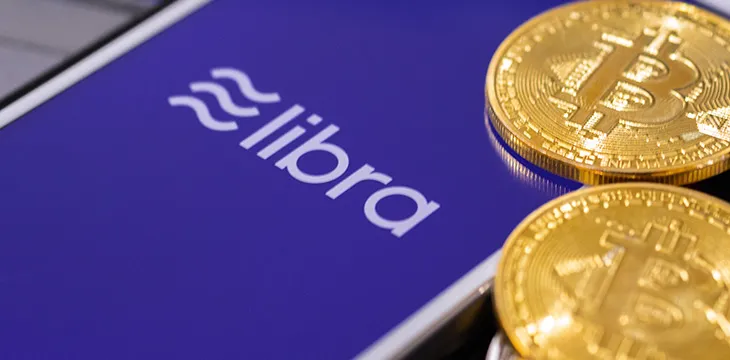|
Getting your Trinity Audio player ready...
|
Facebook’s Dave Marcus has explained the reasoning behind the firm’s choice to develop Libra on blockchain instead of traditional banking systems.
In a post published to Medium, the co-founder of Libra set out the rationale behind the social giant’s decision to build on blockchain. Amongst the reasons set out at length in the post, Marcus said building on existing mainstream financial infrastructure would fail to reduce payment costs, limit innovation and do little to reduce the barrier to access for users.
Long story short, building on top of existing rails and across disconnected payment networks won’t reduce cost, open up the market to more innovation, nor lower the barrier of access to modern financial services as much as building a new infrastructure with a very stable, high quality global medium of exchange supporting it.
In contrast, he said the decision to build on blockchain allows ultra-low cost transactions, as well as affording near real-time settlement for those transacting through the protocol.
“Compare this to the design of the Libra project, that will enable wallets, merchants and services from all over the world to move value around at an incredibly low cost,” he wrote. “There would be near real-time settlement, and no need to even think about liquidity pools of various currencies at the ready across banks around the world.”
Marcus suggested that by eliminating the need for intermediaries, currently required through traditional banking and payment models, Libra would reduce cost and complexity while increasing innovation, to the benefit of consumers and stablecoin users.
“This would in turn massively reduce costs by eliminating the need for so many intermediaries, and operational complexity and overhead, thus increasing innovation and access,” he wrote. “People would benefit from more ease when they want to send and receive money, and the barrier of access to modern digital money and financial services would be greatly lowered — enabling billions to have access to these essential services and to the world’s economy.”
Describing the decision to build on blockchain as “the more ambitious route,” the post reaffirms Facebook’s commitment to the technology, at least as far as its forthcoming stablecoin is concerned.
It comes amid another challenging week for Facebook in front of international regulators, with the Bank of Japan the latest central bank to call for strict regulation and international cooperation in overseeing the Libra project.

 08-25-2025
08-25-2025 





